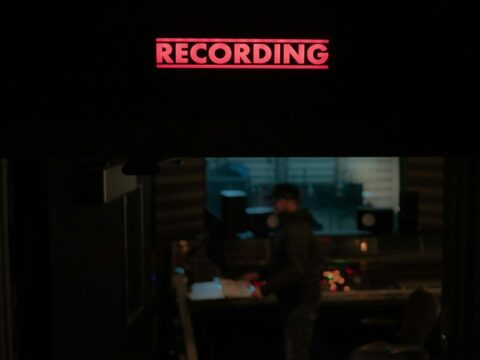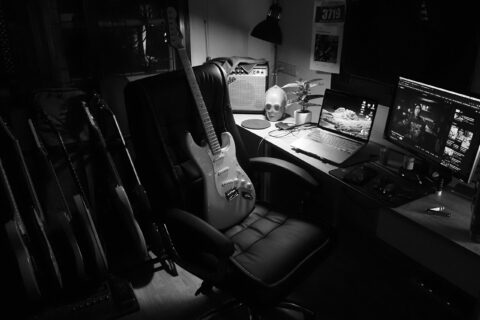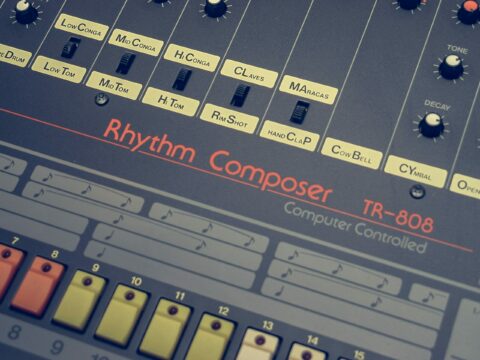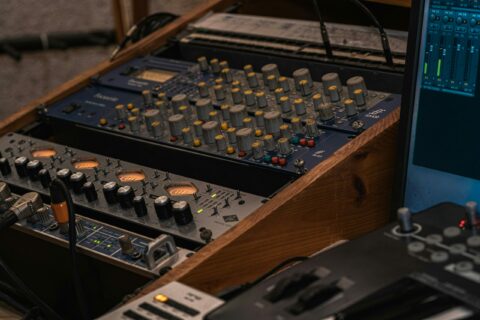Introduction
Sound production (or “sound prod”) is a complex and essential process in the creation of any musical or audiovisual work. From the first breath of inspiration to the final broadcast of the work, each step plays a crucial role in the development of a unique and impactful soundtrack. This article takes you through the different stages of sound production, from the initial idea to broadcast, including post-production, while highlighting the key professions in sound production such as the sound editor, the mixer and the sound engineer.
From idea to sound design
It all starts with an idea. Whether for a musical project, a film or an advertisement, the first step is to define the artistic and sound direction that you want to give. This is where the collaboration between the composer, the technicians, and the other members of the sound production professions, such as the sound editor, becomes essential. They work together to imagine a sound atmosphere that corresponds to the visual universe and the emotions that the work must convey. Once this direction is clear, the first mockups are created. These are the reflection of a first version of the soundtrack, with judicious choices of instruments, sounds and sound textures.





